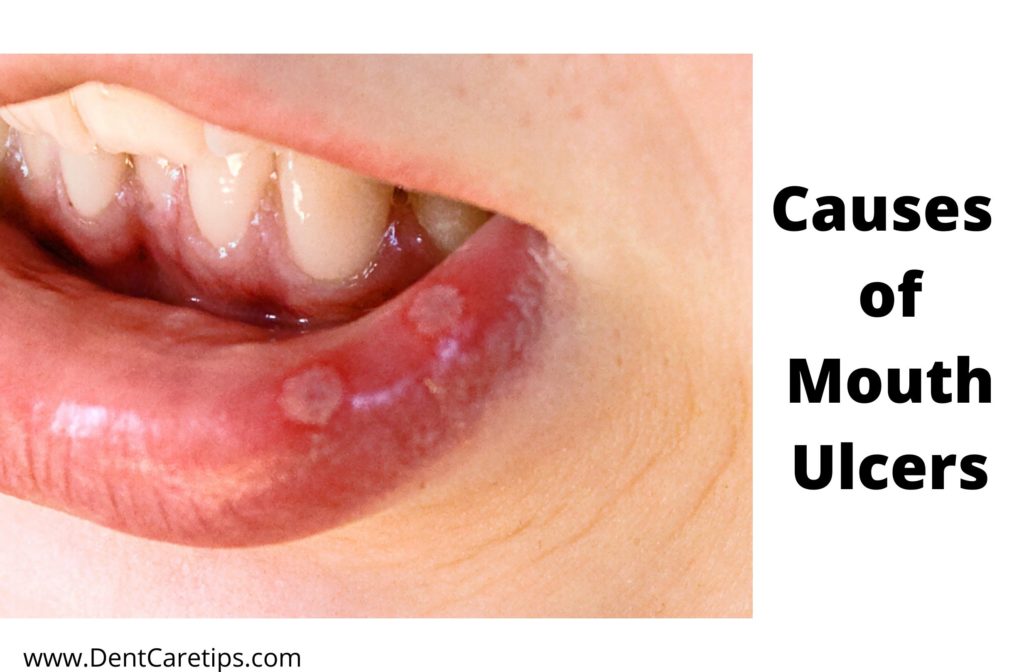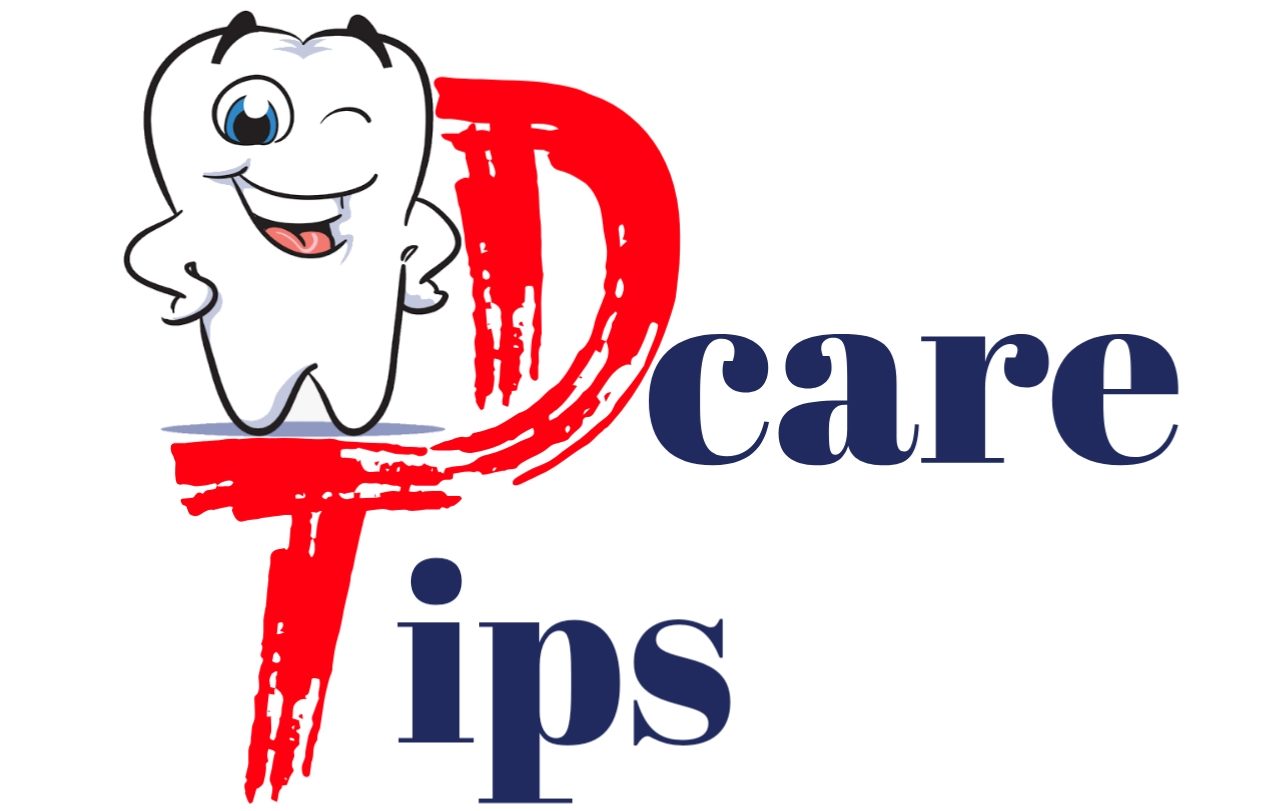Mouth ulcers are normally small painful lesions or simply a loss of the delicate tissue lining the oral mucosa. There are indeed so many triggering factors that can cause mouth ulcers. Mouth ulcers are common and resolve by themselves. Undoubtedly in most cases, mouth ulcers are not harmful.

Common location of mouth ulcers
- subsequently on or below the tongue.
- On the cheek
- lips
- The base of the gums
- Soft palate
Types of mouth ulcers
1. Minor aphthous ulcers
- Small lesions
- Oval shaped with regular border
- Often heels within 5 to 7 days.
2. Major aphthous ulcers
- Larger in size
- Round with irregular borders
- Moreover, they are painful lesions that may take up to 6 weeks for healing
3. Herpetic ulcers
- Multiple pinpoint locations
- Often seen like clusters
- Irregular borders
- Often heels within one or two weeks
Also Read : Mouth Ulcers in Child
Risk factors
- Teenagers or young adults
- Particularly in females because of hormonal changes
- Diabetic patients because of susceptibility to infection
- Patients undergoing chemotherapy
- Due to menopause
Symptoms of mouth ulcers
- Painfully visible ulceration with reddish edges
- severe burning sensation especially when eating food
- Mild fever along with ulceration
- At this time patient may feel a loss of appetite
Causes of mouth ulcer
- In the case of sharp teeth impinging on soft tissue
- Burns resulting from eating hot food items
- Viral infections such as Chickenpox, herpes Etc
- Toothbrush injury
- As a result of pressure from ill-fitting dentures
- Accidental biting of cheek mucosa or lip mucosa
- Dislodged orthodontic wires impinging on cheeks or lips.
- Gastrointestinal diseases
- Allergy to certain medication
- Vitamin deficiency
- Because of constant irritation from strong mouthwashes
- Poor oral hygiene
- Autoimmune diseases
- Oral cancer
- As a result of hormonal changes
- Sports injury or trauma
- Stress
- Anemia
- Drug-related problems
How can we prevent mouth ulcers ?
- To prevent injury, take care not to slip the toothbrush during brushing
- At the same time eat a nutritious and well-balanced diet
- Treatment of underlying diseases.
- It is always better to avoid eating too spicy and sour foods until the ulcer heals.
- Rinse your mouth with lukewarm slightly salted water
- Maintain good oral hygiene
- Drink plenty of water
- Use topical anesthetic gel to the area of ulceration.
- Avoid prolonged use of strong mouthwashes
- Consult a dentist to smoothen the sharp edges of teeth
- Correction of denture if ulceration is noted in the denture wearing areas.
- Avoid drinking too hot beverages or food items.
- Avoid stress
- Take iron tablets or multivitamin tablets if nutritional deficiency is noted.
- Avoid allergy-inducing drugs
- Don’t talk while taking food
- Use wax given by dentists to cover orthodontic devices fitted in your mouth if it is impinging.
How to cure mouth ulcers fast naturally
Some of the home remedies for mouth ulcers are:
- Rinse with salt water
- Applying ice to the ulcers.
- Placing tea bags dipped in cold water on the ulcer
- Use chamomile tea.
- Applying honey on to the ulcer
- Use Coconut oil containing mouthwash
- Rinse with aloe vera juice
- Use water boiled with fenugreek leaves or tulsi leaves for rinsing.
Are all mouth ulcers cancerous?
Not all mouth ulcers are cancerous. Usually mouth ulcers clear within two weeks. However chronic ulcers that do not go away and spreads can lead to mouth cancers. Cancerous ulcerations are irregular with whitish or reddish layers that cannot be scraped off easily.
When you should see a doctor?
- In the case of large ulcers
- Recurrent ulcers
- In case of persistent ulcers that lasts more than three weeks.
- Painless ulcers
- Ulcers that extend to the surrounding mucosa
- problems such as difficulty in eating and drinking following the onset of ulcer.
- Uncontrolled pain
- High-grade fever associated with ulcers
- Ulcers associated with dental appliances
The Bottom Line
In addition to a healthy diet, maintain good oral hygiene to prevent ulcers.. If it is interfering continuously with your normal activities see your dentist or general medicine specialist to find out the cause and for careful examination.

